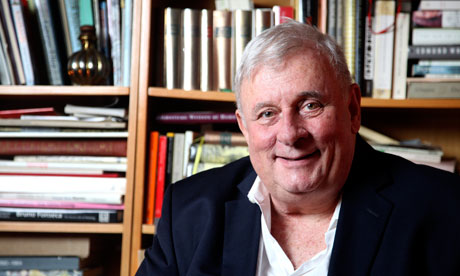

On the phone from Key West, the author explained how he came up with his characters and their trajectories. Over the course of the novel, which unfolds over three decades, White alternates telling the story from the perspectives of each man.

And Will, who is straight, falls in love with Jack’s female friend Alex, eventually marrying her. The men become fast friends, and Jack, who is gay, falls in love with Will.

He soon meets and helps Will Wright get a job at the magazine. He teaches writing at Princeton University and lives in New York City.Gay man of letters Edmund White’s irresistible new novel, “Jack Holmes & His Friend,” chronicles the title character moving from the Midwest to New York City in the 1960s and getting a job working for a magazine called The Northern Review. He is a member of the American Academy of Arts and Letters and an officer in the French Order of Arts and Letters. His subjects have included, among many others, the writers Ford Madox Ford, John Cheever, Curzio Malaparte, Henry James, and Vladimir Nabokov. White has also written hundreds of book reviews and essays for publications including the New York Review of Books, the Los Angeles Times Book Review, and the Times Literary Supplement (London). Colm Tóibín, writing for the New York Review of Books, sees in the biographies of Genet, Proust, and Rimbaud “a dotted line to the gay past” and remarks that White has become “a passionate and graceful witness to his own life, to the life of New York itself, and to the changing mores of what became the gay community.” His work, beginning in 1973 with publication of Forgetting Elena and continuing through his latest novel, Jack Holmes and His Friend, is distinguished throughout by a candor and outspokenness on behalf of the generation of gay men who witnessed the Stonewall uprising and the effects of the AIDS epidemic. In all, White is author of more than 25 books. White has also written short biographies of iconic French writers Marcel Proust and Arthur Rimbaud, as well as the novel Hotel de Dream, which imagines the last days and final lost work of American writer Stephen Crane.

White’s book, which earned the National Book Critics Circle Award, shows Genet in all his permutations: poet, dandy, homosexual, thief, a “thug of genius,” as Simone de Beauvoir called him. Edmund White’s biography of Jean Genet remains the definitive study of one of the most notorious figures of twentieth-century literature.


 0 kommentar(er)
0 kommentar(er)
